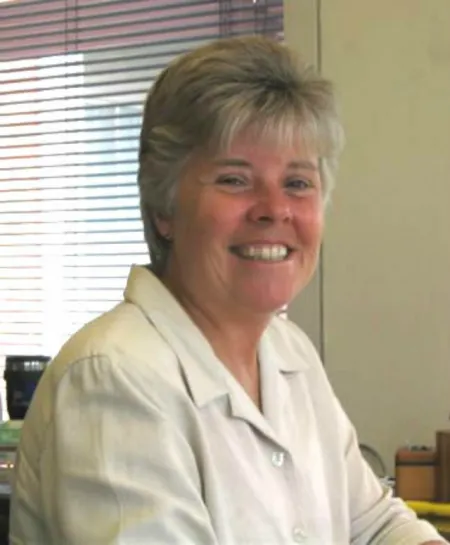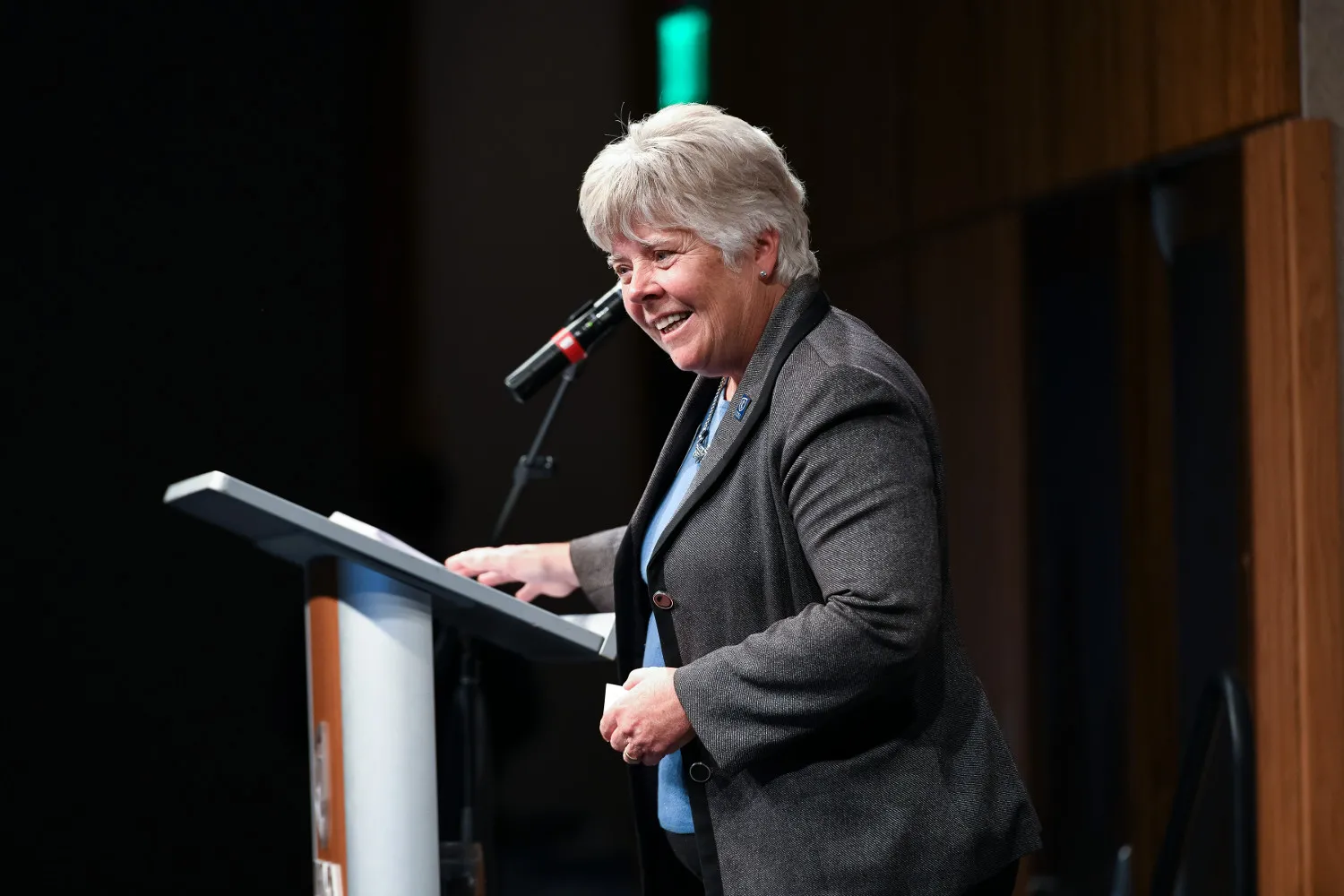A lot can change in 25 years. When Nancy Pringle started her tenure at Ithaca College as college attorney during the 1993-94 academic year, the internet was in its infancy and the Senior Splash was an unsanctioned event. Nearing the end of a decades-long career, the executive vice president and senior advisor to the president sat down with IC News to reflect on what’s changed during her time at IC, and what comes next.
IC NEWS: How has IC changed over the course of your time here? How does that reflect broader changes in higher education?
PRINGLE: I’ve seen a real evolution in terms of higher education needing to be much more attentive to strategic decision-making. For example, during the period from around 1996 to until around 2008 or 2009, we experienced the golden years of higher education. Every institution in the country was raising its tuition by 5, 6, 7% and campuses were expanding their physical plants in directions that were responsive to record enrollments and new student demands. Then the financial markets crashed, and families became much more financially aware of affordability. Suddenly, we had families who were not able to afford an Ithaca College education, and to meet this need our discount rate began to rise. Coming off 2008-09, we realized that families were not in a position to keep pace with the rising cost of attendance that had developed during those golden years. As a tuition-driven institution, we didn’t have the large financial aid budget or the endowment that could sustain the necessary increases in financial aid. I think that was a pretty pivotal moment. We realized that, moving forward, things were going to have to change at the institution, including a greater emphasis on philanthropy and the raising of money for scholarship support of students.




